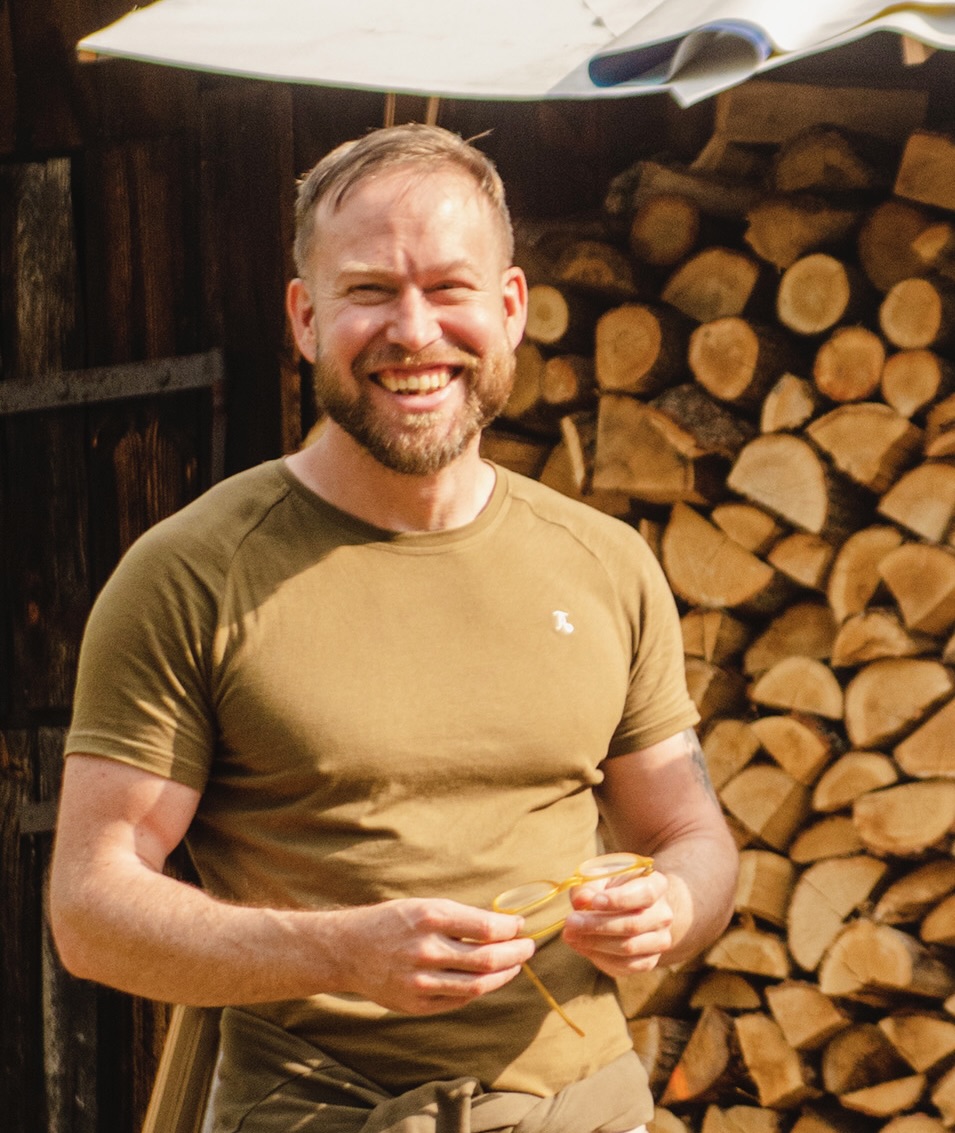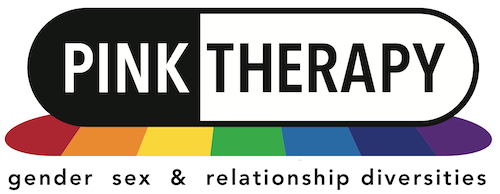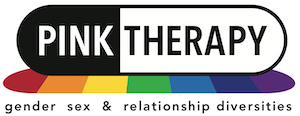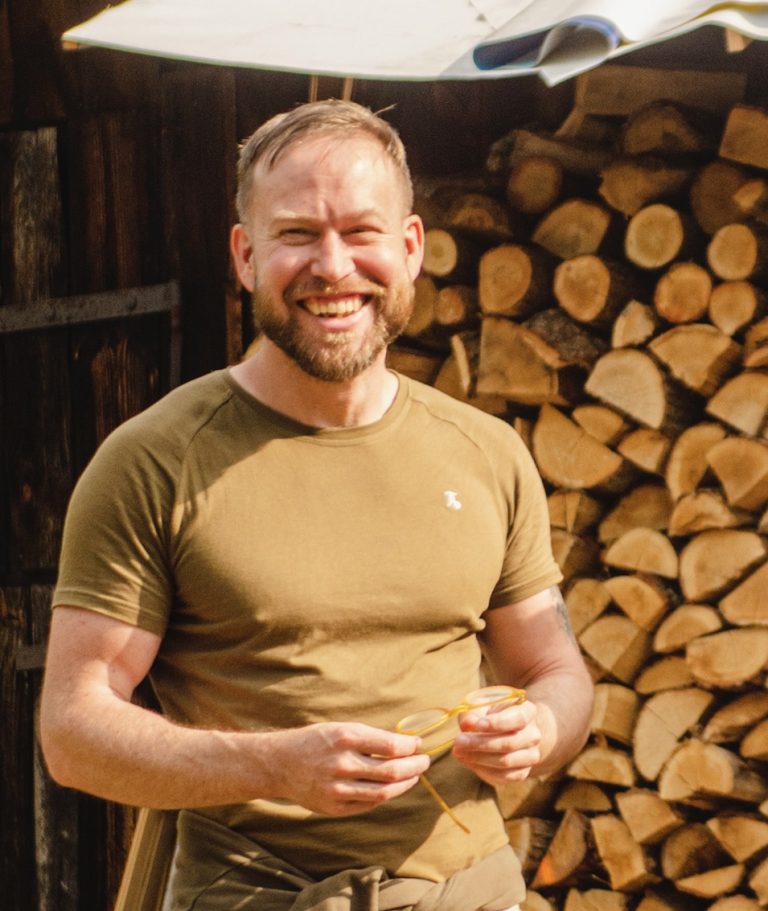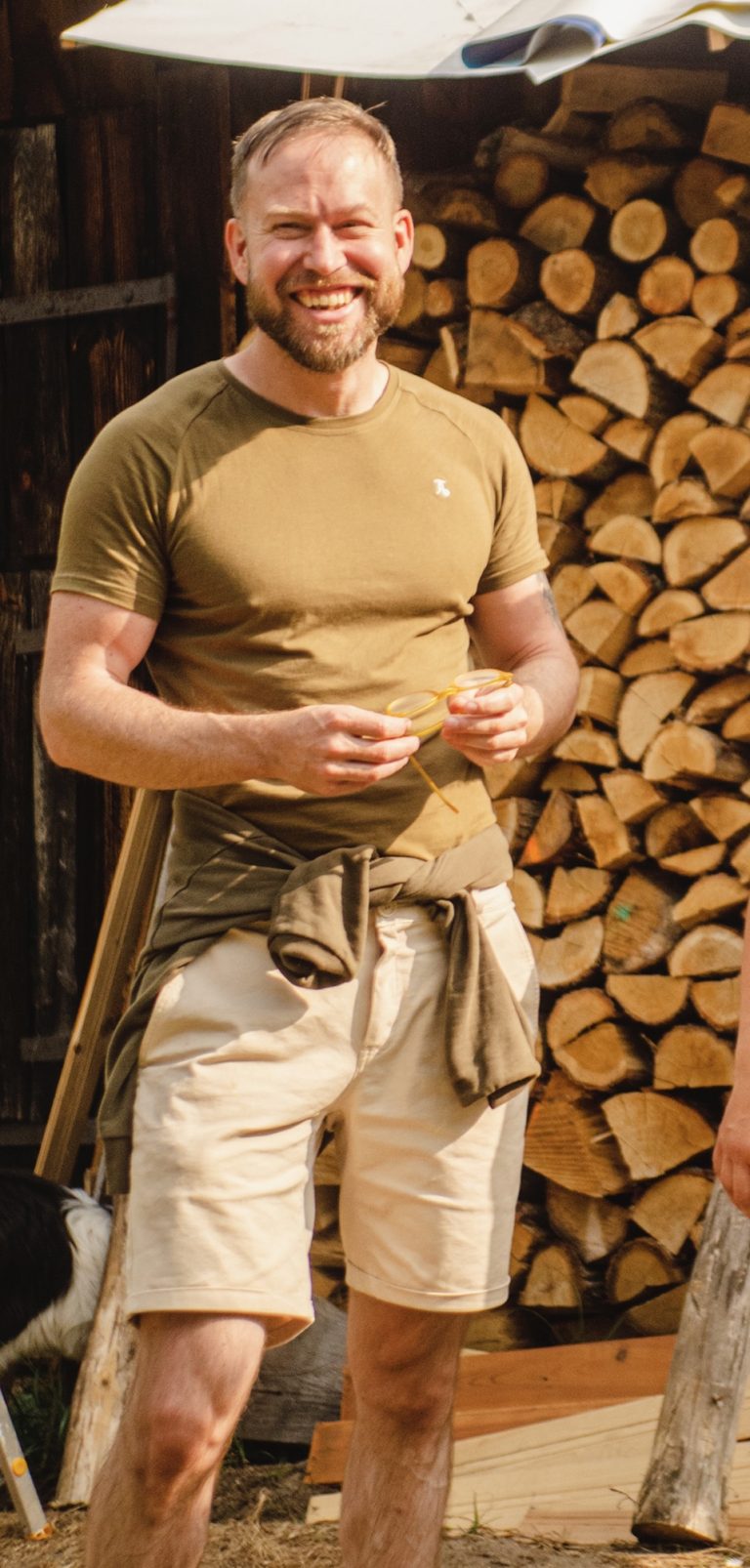John Gillespie Therapy
About the Therapist
I have recently moved back to London, having spent two years in Isle of Lewis. I live with my dog Audrey and cats Jacob and Debbie (he/him).
My journey to becoming a psychotherapist has taken me almost 20 years following struggles around anorexia in younger life, and then negotiating a submissive sexuality that has threatened at times to take me to dark places. I’ve done a lot of my growing-up later in life, and am familiar with the shame and the scars that come with postponed development.
My life experience has led to an interest in marginal experience, in power/oppression, in trauma/addiction, and in sex and gender. I define as a cis man, however the way I inhabit my body sexually feels more feminine. Whilst I may not share your experience(s), my history opens me up to the importance of sharing and hearing marginal narratives towards reclaiming whole(r) senses of self - and for everyone, not just for people who are marginalised in more obvious ways.
My practice is ‘trauma-informed’ which means bluntly that I believe we are all doing the best we can given what we’ve received from others in our earlier lives. People are the way they are for a reason, and healing means coming to terms with the ways life has shaped us.
- Gay
- Queer
-
-
-
- MA in Gestalt Therapy, University of East London/London Gestalt Centre
-
-
-
-
-
- Diploma in Counselling, Albany Centre, St Albans
-
-
-
-
-
- Diploma in Integrative Arts Pychotherapy, IATE, London
-
-
https://nationalcounsellingsociety.org/membership/ncs22-04826/certificate-pdf
| Award | Awarding body | Year of award |
|---|---|---|
I practice a trauma-informed and body-aware gestalt psychotherapy. Gestalt lends itself well as a therapy for people who have struggled with being put into boxes. As a therapist I am guided by my senses, or what’s called ‘phenomenology’. This can give a lot of freedom since it makes possible a ‘letting go’ of limiting beliefs about what I ‘should’ do and whom I ‘should’ be. There’s a ‘rightness’ shaped instead by ‘in-the-moment’ experience that comes up in the meeting between therapist and client.
Gestalt is naturally a ‘body oriented’ approach. This does not mean I will necessarily probe you around what is going on in your body, or what I notice. Being in our bodies can be extra-complicated for many LGBTQI+ people. It does mean I believe that a lot of the ‘oppression’ in normative culture comes from an overly cognitive way of seeing the world that alienates and oppresses bodily experience.
My approach is trauma-informed which means that I acknowledge the ways that trauma resides in our nervous-systems. Nervous systems sometimes need a lot of convincing that it’s safe, before we are able to meet the world from a new place. Defences built to keep us safe are always there for good reason, and modern therapy places emphasis on befriending ‘defending’ parts, rather than seeing these as the enemy to be broken through.
A significant part of my training experience was gained at London Friend (the LGBT therapy charity based in Kings Cross, London). I have also worked for One in Four, a charity set up to support adult survivors of child sexual abuse. And I apprenticed at the Cassel Hospital therapeutic community for treatment of ‘personality disorders’.
From 2017-21 I was CEO of New Gestalt Voices, www.newgestaltvoices.org a collaborative organisation set up to explore applications of gestalt to social justice agendas. In 2023 I co-edited my first book, Queering Gestalt Therapy
- Art therapy
- Body psychotherapy
- Couple therapy
- Dance movement psychotherapy
- Family Therapy
- Gestalt
- Group therapy
- GSRD therapy
- Relational
- Relationship therapy
- BDSM | Kink
- Bi- | Pansexual
- Consensual non-monogamy
- Non-binary | Genderqueer
- Queer
- Questioning
- Trans
- One to one
- Two people
- Three or more people
- No adaptation
- Adults
- Online
- In Person
My full fee range is between £80 and £130 negotiable in a first session.
I have a number of lower fee places usually available for people who need them. I don’t believe that money should be a barrier to anyone accessing psychological support.
Sorry, no records were found. Please adjust your search criteria and try again.
Sorry, unable to load the Maps API.
